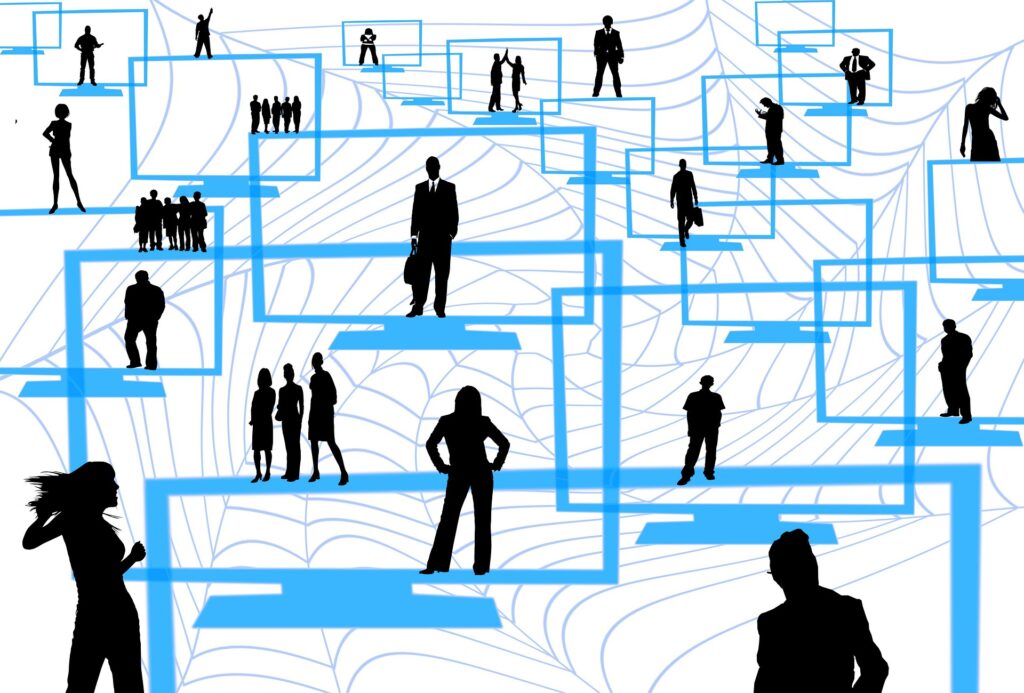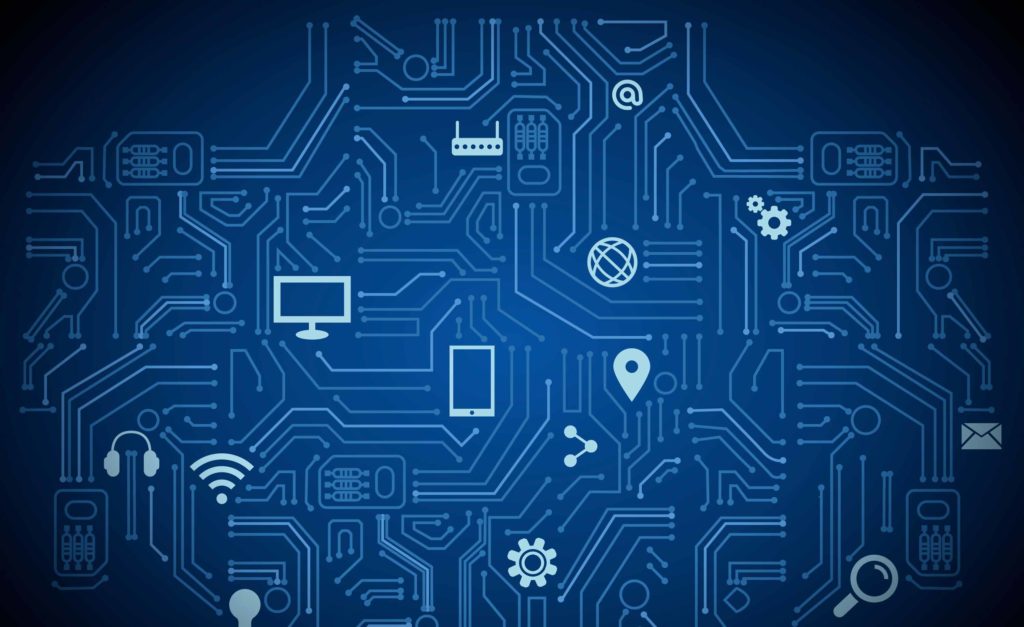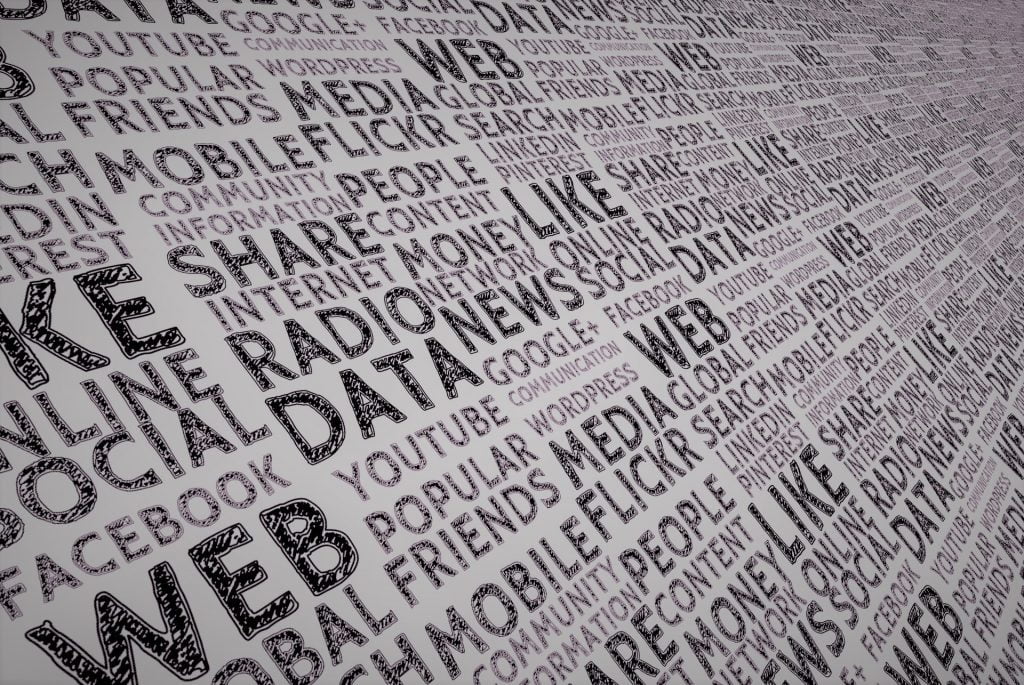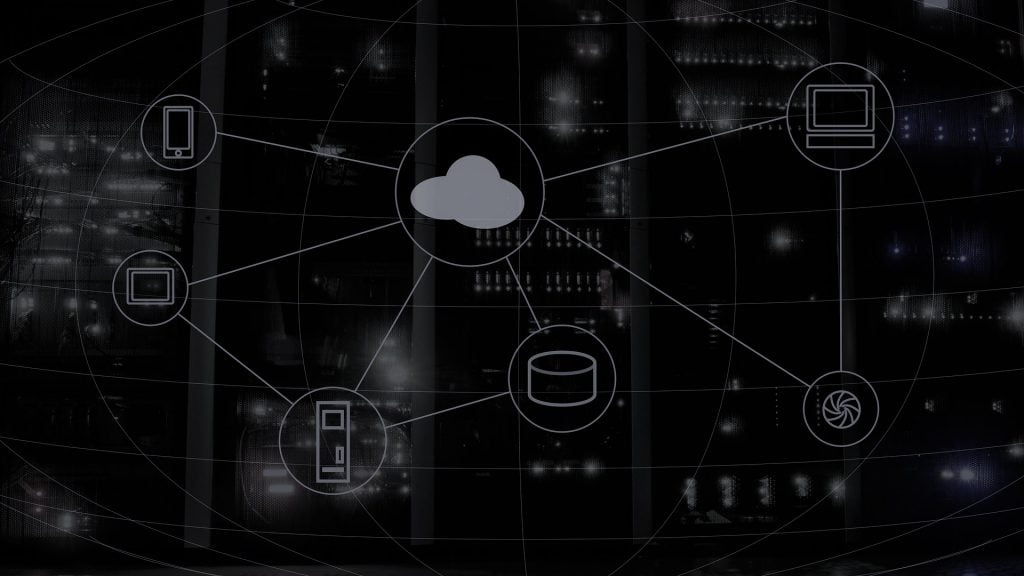Information systems and business processes
Business processes can be referred to as the heart of an organization. Because organizational success significantly depends on its business processes. Business processes are a set of activities that support the production of products or services. When a business has well planned and coordinated business processes, it’s a good reason for organizational success. Some common business processes are the manufacturing process, marketing process, finance process, and human resources.
So a business entity needs to engage with various information. Stakeholders of a business such as suppliers, customers, employees, investors give so much information to each business process. In this case, information systems help to manage this information. The business entity organizes its activities efficiently and effectively by using information systems. Also, information systems help to improve business performance.
Types of information systems
When considering information systems there are a variety of information systems for business processes. It provides related information to the management hierarchy in the organization.
Transaction processing system (TPS)
Business organizations use Transaction processing systems (TPS) to record their day to day activities. TPS provides information about the daily activities of the firm to operational managers. By using that information, operational managers coordinate the business processes with the business environment. Transaction processing systems are the main information producer for other information systems.
Some examples for Transaction processing systems (TPS)
- Reservation systems
- Sales terminals
- Cheque clearance systems
- Credit card sales transaction systems
- Payroll
- Employee record-keeping
Management Information systems (MIS)
Managers are decision-makers for organizational success. When considering management information systems, it is one of the business intelligence systems that giving information to management. Management information systems serve information to middle management to make decisions. These systems analyze the data inputs via an algorithm, combine them, compare, and finally summarize the information. Then middle managers make better decisions for organizational success.
Here are some examples for management information systems.
- Accounting and finance system
- Enterprise collaboration system
- Sales and marketing system
- Management reporting system
- Human resource management system
Decision Support System (DSS)
The decision support system is another business intelligence system that serves management. It is a computerized system, which collects information from TPS, MIS, and external systems. Decision support systems deliver valuable analyzed information to the users. Usually from middle management to senior management use this system.
Examples decision support systems
- Financial performance system
- Bank loan management system
Executive support system (ESS)
The executive support system is a system that provides information for senior management. These systems are designed to comprise data about external events. Not only external events but also draw information from MIS & DSS. In addition to that, some systems run with business intelligence analytics for forecasting and analyzing business trends. These systems alternatively called executive information systems (EIS).
Enterprise systems (ERP)
An enterprise system is a computer system with a large volume of data. This system collects data from every business function. Such as HRM, marketing, finance and accounting, and manufacturing. All information about the above functions is stored in a single storage. This type of system is so beneficial to a firm. The information can be shared through all management levels and functional levels. Also, this system called as Enterprise Resource Planning system.
Most used ERP systems in the market
- Oracle ERP cloud
- Acumatica Cloud ERP
- JD Edwards
- People soft
- Deltec vision
- Oracle NetSuite ERP
- Microsoft Dynamics SL
- Microsoft Dynamic AX
Supply chain management systems/ SCM systems
Business organizations use SCM systems to manage the supply chain. This supply chain management system helps to manage relati0onships with suppliers, production information, delivery process, orders, stock levels can be shared through this system. The firm can reduce costs and increase profitability by using this system.
Top supply chain management softwares
E2 open
SAP SCM
Perfect commerce
Oracle SCM
Infor SCM
JDA
SCM
Customer relationship management system/ CRM systems
Firms use customer relationship management systems to deal with their customers. These systems can be used to manage the relationship with customers. CRM systems provide information about sales, marketing, customer service, and customer behavior. By using this information, the firm will be able to identify, attract customers, and provide a good service to the customers. This type of system is a good way of increasing the sales and profitability of the firm.
Best customer relationship management softwares.
Nimble
Saleforce
Hubspot
Pipedown
Freshsales
Oracle CRM
Microsoft dynamic 365





